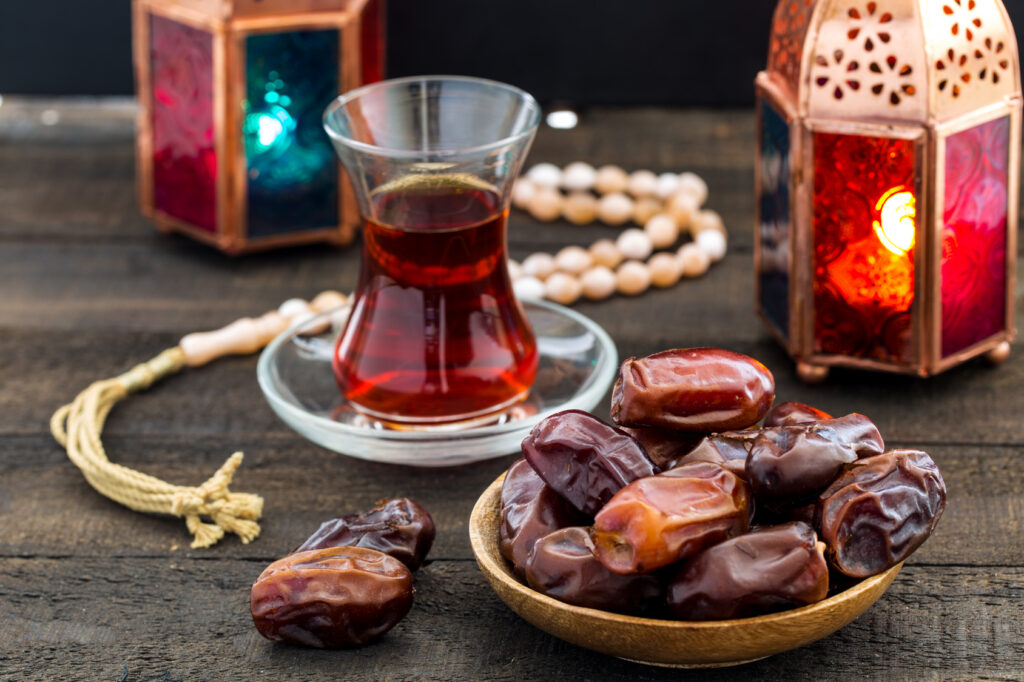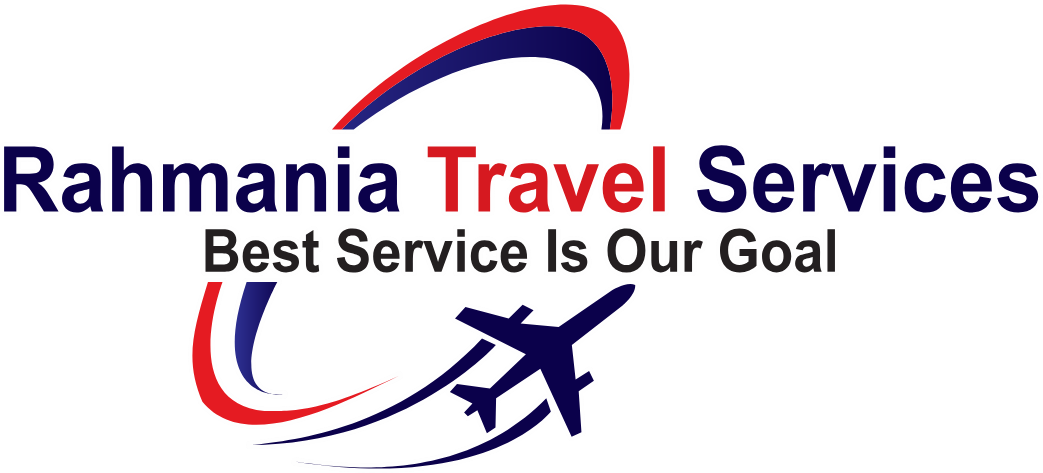
Performing Hajj or Umrah is a momentous spiritual milestone for every Muslim. However, it’s crucial to stay healthy, hydrated, and safe during your pilgrimage to fully experience the sacred rituals. With the large crowds, demanding physical activities, and intense weather conditions in Saudi Arabia, careful planning and preparation are essential for a successful journey. At Rahmania Travels, we want to ensure that your Hajj or Umrah pilgrimage in 2025 is fulfilling, safe, and stress-free. Below are essential health and safety tips to consider when preparing for your trip.
1. Pre-Travel Health Preparations
Before you embark on your pilgrimage, it’s important to ensure that you’re physically prepared for the demanding nature of Hajj and Umrah. Proper health preparations are vital to ensuring that you can focus on the spiritual aspects of your journey.
A. Visit Your Doctor
General Health Checkup
Schedule a visit to your healthcare provider for a general health checkup. This is especially important for those with pre-existing conditions such as diabetes, heart disease, or respiratory issues. It’s always better to be proactive in ensuring you’re physically fit for such a rigorous journey.
Vaccinations
Make sure you’re up-to-date on essential vaccines required for the pilgrimage:
- Meningitis Vaccine (required for Hajj)
- Flu Vaccine (especially recommended during flu season)
- COVID-19 Vaccination (check for the latest requirements)
- Polio and Hepatitis A/B Vaccines (recommended)
Medications
If you’re on any prescription medications, be sure to carry enough for the entire trip. Keep a list of your medications, dosages, and medical history in case of an emergency.
B. Mental Preparation
Hajj and Umrah are physically demanding journeys, requiring long hours of walking, standing, and praying. It’s essential to prepare mentally as well as physically. Engage in activities such as prayer, meditation, or stress-relief exercises to prepare for the emotional and physical challenges ahead.
2. Staying Healthy During the Journey
While on your pilgrimage, maintaining your physical health is crucial for participating fully in the rituals and ensuring a smooth spiritual experience.
A. Hydration is Key
Drink Plenty of Water
Saudi Arabia’s climate, especially during the summer months, can be intensely hot. Make sure to stay hydrated by drinking plenty of water throughout the day. Carry a water bottle and refill it regularly. Avoid sugary or caffeinated drinks, as they can dehydrate you.
Electrolyte Drinks
In addition to water, you may want to consider electrolyte drinks to maintain a balance of essential minerals like sodium and potassium.
B. Eat Light and Healthy
Avoid Heavy Meals
Heavy meals can cause discomfort and fatigue, which will make it harder to perform the required rituals. Stick to light, nutritious meals that will provide the energy you need without weighing you down.
Eat Local, Fresh Foods
Saudi Arabia offers many fresh fruits and healthy food options. Opt for nutritious choices such as fruits, salads, and lean proteins.
Avoid Street Food
Though street food might be tempting, it can sometimes lead to foodborne illnesses. Stick to reputable restaurants and hotels for your meals to reduce this risk.
C. Protect Yourself from Heat and Sun
Wear Lightweight, Loose Clothing
The heat in Mecca and Medina can be overwhelming, especially during the summer. Dress in lightweight, loose-fitting clothing to help your body stay cool. A hat or scarf can also provide protection from the sun.
Use Sunscreen
Apply sunscreen regularly, particularly during the hottest parts of the day, to protect your skin from harmful UV rays and sunburn.
Take Breaks
Whenever possible, rest in shaded areas to avoid overexposure to the sun and heat.
D. Maintain Foot Health
Wear Comfortable Footwear
You will be walking long distances during Hajj and Umrah, so it’s important to wear comfortable, supportive shoes. Avoid new shoes that could cause blisters.
Blister Prevention
Bring blister prevention materials such as band-aids or blister pads to protect your feet from irritation and ensure you can continue with the rituals without discomfort.
3. Safety During Rituals
Safety during the sacred rituals of Hajj and Umrah is essential. These rituals involve large crowds and intense physical activity, so it’s important to take extra precautions to avoid accidents and injuries.
A. Maintain Personal Safety in Crowds
Stay Calm in Crowds
Hajj, in particular, involves large crowds of pilgrims. Stay calm and composed at all times. Follow the guidance of local authorities and staff to ensure your safety.
Know Your Group
If you’re traveling with a group, stay in close contact with other members. If you’re traveling alone, make sure to carry identification with you, such as a card with your name, contact information, and hotel address.
Use Tracking Devices
Some travel packages offer tracking devices or cards with emergency contact details. These can be helpful in case you get separated from your group.
B. Keep Your Belongings Secure
Avoid Carrying Large Amounts of Cash
Keep your money, valuables, and travel documents secure at all times. Consider using a money belt or a secure neck pouch for items such as your passport, visa, and hotel details.
Lock Your Hotel Room
Always lock your hotel room when you leave. It’s also a good idea to store valuables in a safe place to prevent theft.
4. Managing Specific Health Concerns
For those with pre-existing medical conditions, extra care is needed to manage health during the pilgrimage.
A. Diabetes Management
Monitor Blood Sugar Levels
If you have diabetes, regularly monitor your blood sugar levels. Carry extra insulin and diabetic supplies, as well as snacks to manage low blood sugar.
Hydrate Well
Dehydration can disrupt blood sugar levels, so drink plenty of water and keep your insulin at the proper temperature.
B. Heart Health
Take Frequent Breaks
If you have heart disease, avoid strenuous activities without taking adequate breaks. Pay attention to your body and rest when needed to avoid overexertion.
Carry a Medical Kit
Make sure to pack your heart medication and a small first-aid kit with any emergency medications that may be necessary.
C. Respiratory Concerns
Carry Inhalers or Respiratory Medications
For those with asthma or other respiratory conditions, make sure to bring your inhalers or any prescribed medication.
Avoid Dust Exposure
The dust and pollution in Saudi Arabia can aggravate respiratory issues. Wear a face mask or scarf to protect yourself from the dust, particularly in crowded areas.
5. Emergency Preparedness
Though we hope you won’t need it, being prepared for an emergency can make all the difference during your pilgrimage.
A. Know Emergency Contacts
Emergency Numbers
Familiarize yourself with the local emergency numbers in Saudi Arabia. The general emergency number is 112.
Hospital Locations
Know the locations of nearby hospitals and clinics. Keep the contact details of your travel guide or tour operator handy in case of any issues.
B. First Aid Kit
Basic First-Aid Kit
Pack a small first-aid kit with essentials such as band-aids, antiseptic wipes, pain relievers, and any prescription medication you may need.
6. Final Thoughts: Health and Safety Are Essential for a Rewarding Pilgrimage
Your Hajj or Umrah pilgrimage in 2025 will be a life-changing spiritual journey, and taking the necessary steps to ensure your health and safety will allow you to fully experience the sacred rituals and blessings of the pilgrimage.
At Rahmania Travels, we prioritize your well-being by providing comprehensive guidance, personalized packages, and support throughout your pilgrimage. Plan ahead, stay healthy, and travel safely so that you can focus on the deep spiritual connection with Allah that Hajj and Umrah offer. May Allah bless your journey and grant you a safe and fulfilling pilgrimage.

